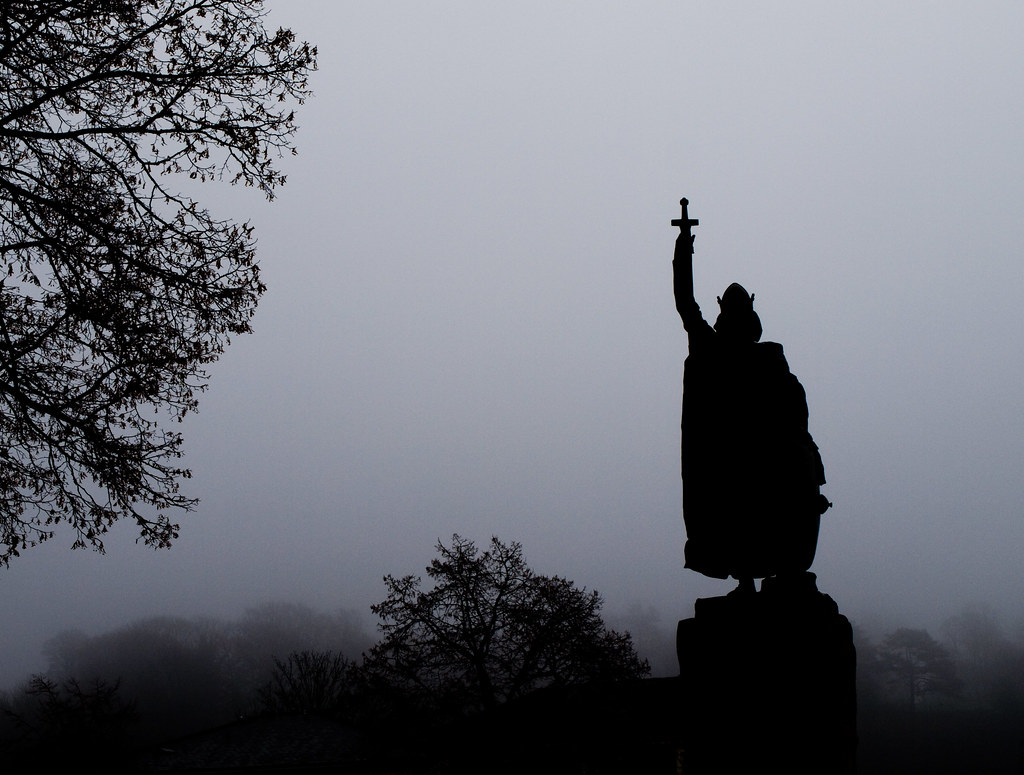Alfred the Great, who reigned from 871 to 899, is remembered as a pivotal figure in English history. He’s not only celebrated for his military successes against the Vikings but also for his profound impact on England’s cultural and intellectual landscape. A devout Christian, Alfred’s faith played an essential role in his reign, shaping his leadership style and his vision for a unified England.
Defender of the Faith and the Realm
The 9th century was a tumultuous time for England, with Viking raids threatening to overwhelm the Anglo-Saxon kingdoms. Alfred emerged as a beacon of hope, leading Wessex to victory against the Danes and securing a period of relative peace. He saw this conflict not just as a struggle for territory but also as a battle between Christianity and paganism. Alfred’s unwavering faith inspired his people and strengthened their resolve to resist the invaders.
Uniting England Through Faith and Education
Alfred recognised that a strong and unified England required more than military might. He embarked on an ambitious program of cultural and educational reform, drawing inspiration from his Christian beliefs. He promoted literacy and learning, translating key religious and philosophical texts from Latin into English, making them accessible to a wider audience. This fostered a sense of shared identity and purpose, helping to bridge the divides between the various Anglo-Saxon kingdoms.
A Legacy of Leadership and Learning
Alfred’s reign laid the foundation for a unified England, a nation grounded in Christian values and a commitment to intellectual growth. His legacy continues to inspire, reminding us of the power of faith, education, and strong leadership to overcome adversity and shape a better future.
Key Points
- Alfred the Great was a devout Christian whose faith guided his actions as a king.
- He successfully defended Wessex against Viking invaders, seeing the conflict as a spiritual as well as a military struggle.
- He promoted education and literacy, fostering a sense of shared culture and identity among the Anglo-Saxons.
- His reign laid the foundation for a unified England based on Christian values and intellectual pursuit.
Alfred the Great stands as a testament to the enduring power of faith and learning to shape a nation’s destiny. He reminds us that even in the darkest of times, hope and resilience can triumph.


Leave a Reply